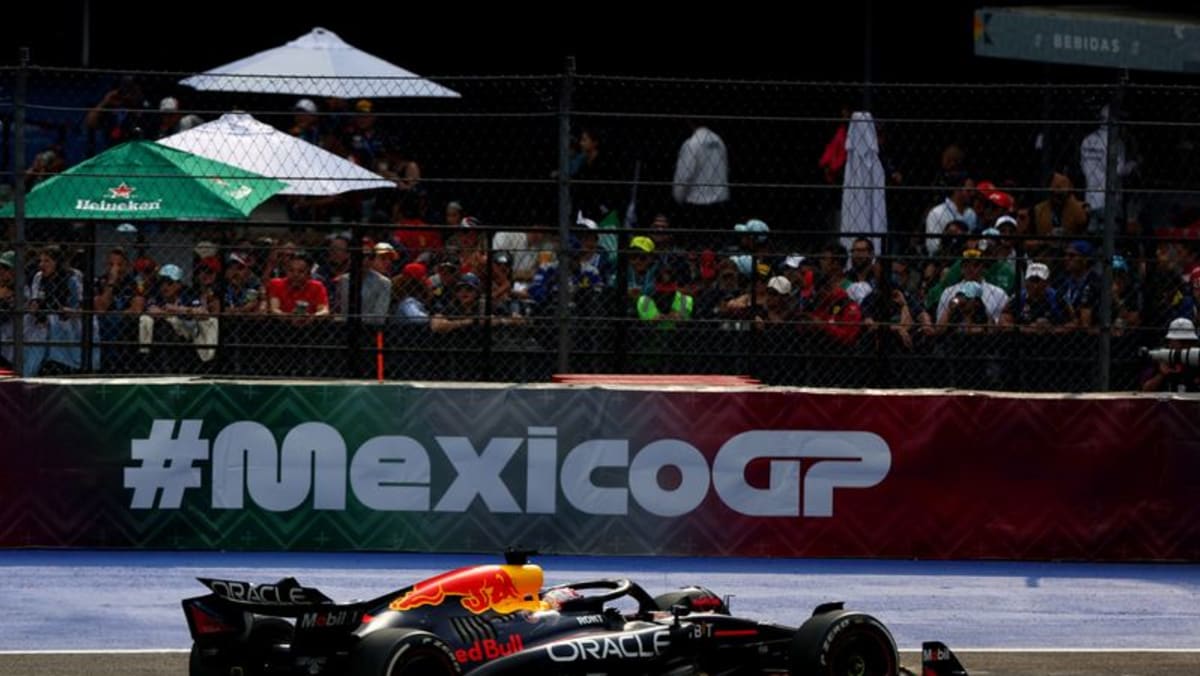-Canada Ocean Racing has signed British offshore sailing star Pip Hare for The Ocean Race Europe 2025 as the team prepares to unveil a new foiling IMOCA yacht ahead of the August competition.
The seven-team race begins Aug. 10 in Kiel, Germany, with stops across Europe before finishing in Montenegro on Sept. 21, serving as a precursor to the full round-the-world race in 2027.
Canadian skipper Scott Shawyer will lead the four-person crew, which regulations stipulate must include at least one female sailor and represent two nationalities.
Hare, who gained prominence during the 2020-21 Vendee Globe and recently managed a dismasting in the 2024-25 edition, joins at a pivotal moment as the team acquires their new vessel.
“Pip is a ruthless competitor with a huge heart,” said Shawyer. “She brings a rare mix of tenacity, experience, and humanity to the team. Her ability to dig deep and lead through action will be a huge asset to us.”
The partnership strengthens Shawyer’s campaign toward the 2028-29 Vendee Globe while offering Hare a shift from solo sailing.
“Having been fully focused on solo sailing for the last four years, it’s going to be a great change of pace to join a team and bring my own experience to a more powerful force,” said Hare. “We’re expecting diverse conditions and relentless competition across the different legs.
“Scott has bought a boat with incredible pedigree, and I’m looking forward to working with the Canada Ocean Racing team to unlock its full potential on the race track.”
The Ocean Race Europe is a multi-stage offshore sailing competition held between European ports, designed to showcase elite ocean racing talent and promote sustainability and innovation in marine sport.
It is a sister event to The Ocean Race — formerly the Volvo Ocean Race — a gruelling round-the-world team sailing challenge held every few years since 1973, widely regarded as one of the toughest tests in sport.
Foiling IMOCA yachts are cutting-edge, high-performance monohull sailing boats designed for solo or crewed ocean racing. Equipped with large, curved hydrofoil arms that lift the hull partially out of the water at speed, the 60-foot vessels dramatically reduce drag and achieve faster, more efficient sailing.
(Editing by Christian Radnedge)













